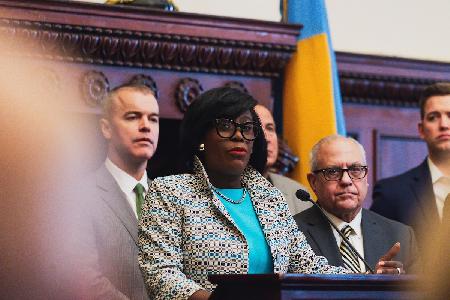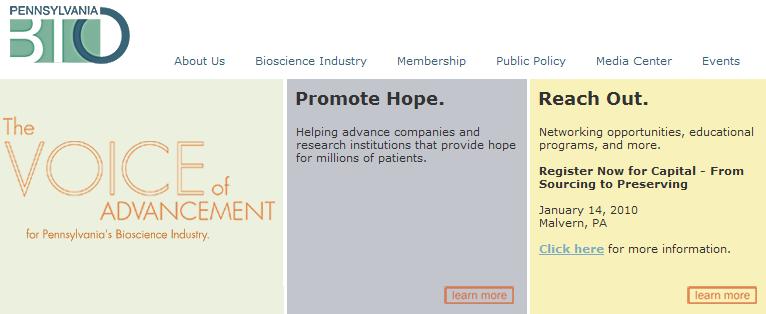
Mickey Flynn wants to talk about entrepreneurship.
In an industry and a region dominated by major players and corporate standbys, the president of Pennsylvania Bio, a statewide trade association for the biosciences with headquarters in Malvern, seems to brighten when startup talk comes to the fore.
He’s gone that route himself. Before taking the chief seat with PA Bio four years ago, Flynn, 68, grew tiny Puresyn, which develops purification services for gene-based drugs and vaccines, from three employees to 25.
But he’s no outsider to PA Bio, rather, he’s a steady hand in the region’s bioscience scene. He was a founding board chairman of the group 20 years ago and, all told, he has just shy of four decades in the industry.
Now, the resident of Downingtown is recovering from his group’s Biotech 2009 Symposium, which drew last month to the Convention Center more than 900 attendees, better than double what it did when he first became president and the largest in its nine years of existence.
Below, Flynn gives us a recap of the conference, handicaps the region’s bioscience-entrepreneurship ecosystem and explains why Mickey isn’t really his name but you ought not call him anything else.
Edited for length and clarity.
Philadelphia has a lot of innovation communities and many of them have nothing to do with pharmaceuticals. Why should they care about this region’s work in that sector?
We’re working very diligently here to eradicate debilitating diseases. We’re healthy now, but you and I are going to be patients someday, and a lot of companies here are working to make that a better experience.
Tell us about the conference.
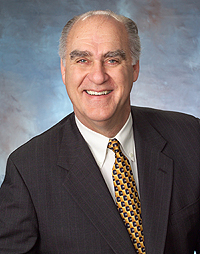
More than 900 attendees watched more than 40� companies present their technology to potential investors and others in the industry, from social media to the impact of health care reform.
This year’s seemed to react to economic conditions with a lot of talking about striving to make the best of this time in the bioscience community. It was a real statement on how strong the industry is. We’re a statewide organization, and so we had folks from Pittsburgh and all around, but also the tri-state area and more.
You’ve been in the biosciences for 36 years, what has been the most dramatic change in this region during the last few years of your presidency?
From an economic standpoint, we’ve been able to develop more companies, and we are becoming more entrepreneurial. We’ve gotten rid of the uncertainty and bolstered our partnerships with universities and the development of technology.
We keep seeing the debate over whether this region’s big pharma and biomedical companies keep back Philadelphia’s biomedical entrepreneurship by hiring the young talent or whether it keeps us on the cutting edge. So which one is it?
When a big company cuts back, those people aren’t hesitant to start a new company now. We’re strong in that area. There are a lot of opportunities for people trying to start and to fund biomedical startups here. We have a lot more work to do, but I don’t think we’re lagging behind.
Give us one innovative biomedical company to watch in our region.
The company that we are all keeping our eye on is Cephalon. What Frank Baldino has done with Cephalon is remarkable, building it into what is is now. There are many real nice companies building here, like Endo Pharmaceutical and Avid Pharmceutis there in Philadelphia.
Put Philadelphia’s biomedical scene into context of global innovation.
We really are a player. Philadelphia is in that conversation of big leaders in biomedical and pharmaceuticals. The Milken Institute came out with a study [in May] that called our region’s biosciences industry the second best in the country, just behind Boston and only by a tad and I mean just a tad. And that makes Boston very nervous. We’re a real front-runner. There’s a lot to be said for that.
In your long tenure in the industry, what have you been most surprised by?
It’s the way the biologic has come on. If you drew a line from where pharmaceuticals began and tracked how the biologic has caught up, you’d be stunned.
Biologic is cell based, as opposed to the pharmaceutical which is chemical based — that’s a tablet with some chemicals and you have Maalox.
The biological basis is on the cellular level, and the more that we uncover in the biological area, the more we realize we have to learn. Who would have thought you could replace the lung or your heart? Oh, we have a donor, let’s replace it. Who would have thought it even 10 years ago? We have a company locally — [Norristown-based] Tengion — that is working on cells to redevelop a bladder that has been damaged. Can you imagine that?
So, what’s with Mickey, that’s not your actual name?
It’s short for Michael, which is my middle name. My formal name is Dennis Michael Flynn. Growing up in Syracuse, N.Y., my Aunt started it all. I had two cousins named Tom and Jerry who lived in Auburn, just outside Syracuse. I was the first born in Syracuse, so she would say, ‘You may have your Tom and Jerry, but we have our Mickey,’ and it stuck every since.
My father was also a Dennis but he didn’t want to have a junior. So if you called my family today and told them you spoke to Dennis, they’d know you definitely hadn’t talked to me. I guess it’s a good screener.
Tell us something that’s going to happen in the future, say, five years from now.
I think that you’ll continue to see our industry to grow. We will survive this economic crisis and out of it you’ll see more emphasis on personalized medicine. It will come to the point that when you have something wrong, you will be given medicine that will be more personalized and designed for you. Instead of just giving you a drug to see what it does, you’ll get a personalized medicine that is made to work with your body.
The industrial will find new ways to grow. We’ll find a way to treat Parkinson’s disease, and we’ll be nearer to the root cause of Alzheimer’s and ALS [Amyotrophic lateral sclerosis], Lou Gehrig’s disease.
… This region will be a part of it all.
Every Friday, Technically Philly brings you an interview with a leader or innovator in Philadelphia�s technology community. See others here.
Join the conversation!
Find news, events, jobs and people who share your interests on Technical.ly's open community Slack
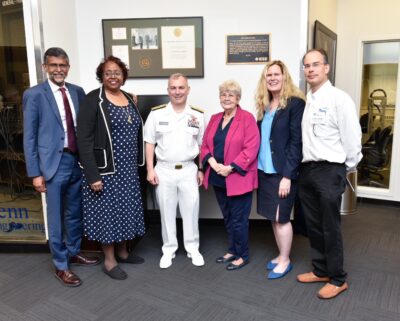
Philly daily roundup: City tech department layoffs; Is AI really new; Esports association comes to Philly
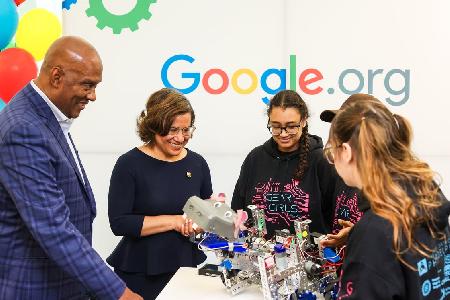
Philly daily roundup: What's next for ACP; Cheese dispensary tech; Philly Tech Week
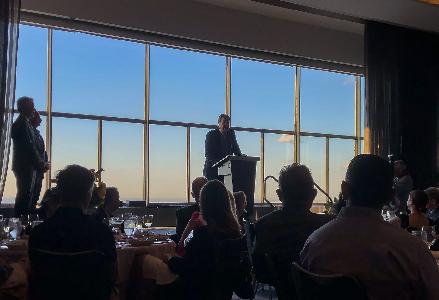
Philly daily roundup: Minecraft in a Philly school; PTW kicks off; Tech and art happy hour
